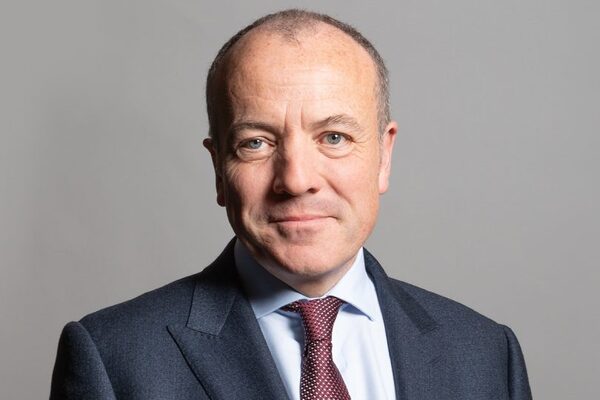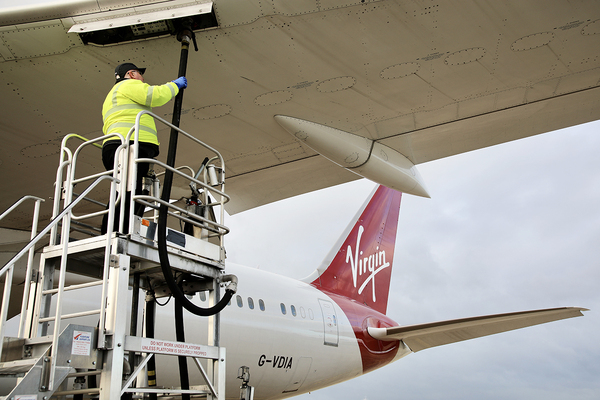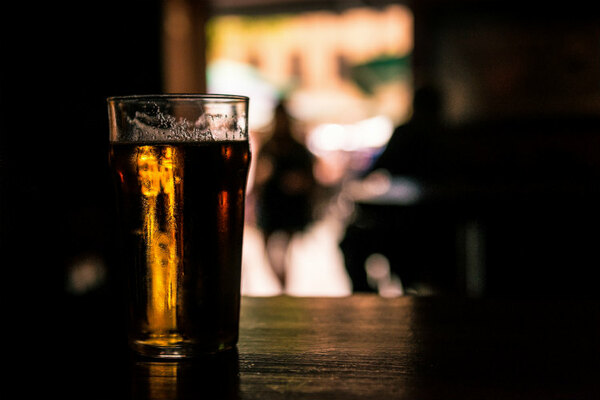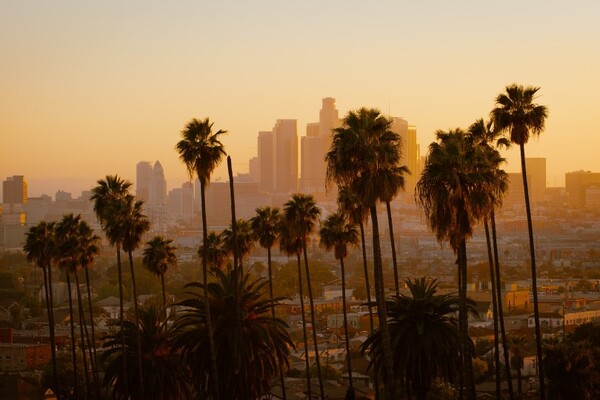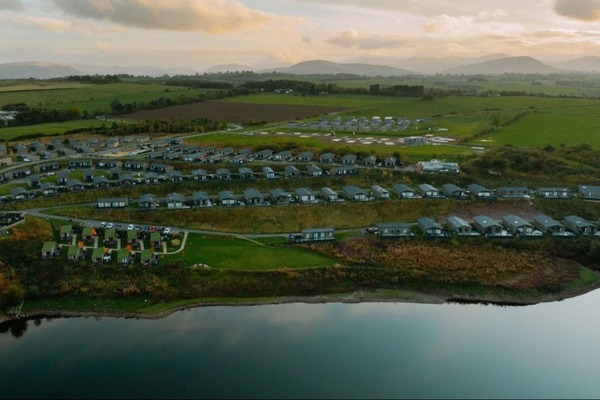Air fares to rise by £4-£10 due to sustainable fuels, minister says
 Gary Noakes
Gary NoakesThe UK aviation sector’s transition to sustainable air fuel (SAF) will mean an extra £4 on air fares by 2030, rising to £10 by 2040, the government has said.
Transport secretary Mike Kane told parliament on Monday (9 September) the increased cost of SAF would inevitably mean higher fares.
“I think the figures are that, by 2030, we expect tickets to be £4 more, which will be a 2% increase, and by 2040, we expect them to be £10 more, which will be a 5.5% increase,” he said.
Kane was speaking as parliament approved the government’s SAF mandate, which will take effect from 1 January and compel airlines to use a mix of sustainable fuel from 2025.
He pointed out the price disparity of aviation compared with other forms of transport, adding that before bus fares in his Manchester constituency were regulated, “a person could fly from Manchester airport to Dublin for £12.99 but they could not cross my conurbation”.
Kane told MPs: “The SAF mandate will require 2% of jet fuel to be made from sustainable sources in 2025, 10% in 2030 and 22% in 2040. It is one of the world’s most ambitious frameworks to drive demand for SAF.”
Kane said initial supplies of SAF would depend on waste oils and fats, which could contribute 100% of the SAF demand in 2025 and 2026. This would decrease to 71% in 2030 and 35% in 2040 as other sources came online. “SAF produced from food, feed or energy crops will not be allowed,” he said.
He also outlined the rules for the adoption of "power to liquid" fuels made from captured carbon and hydrogen, considered the most sustainable type of alternative fuels.
“From 2028, the power-to-liquid obligation will be set at 0.2% of total jet fuel demand, increasing to 3.5% in 2040,” Kane said.
’No plans to stop people flying’
The move was supported by opposition MPs, although Conservative member Greg Smith, who was formerly a member of parliament’s transport committee, said the overall 2040 SAF target fell short of that set by the European Union, which has mandated 34%, while the EU’s power-to-liquid 2040 mandate is 10%.
While Smith called on the government to ensure passengers would not foot the bill for SAF, he conceded: “Provided sufficient SAF is available, any increases in air fares as a result of SAF will fall well within the range of the usual fluctuations in prices we see every year, and the previous government had plans in place to prevent any major hikes.”
However, Liberal Democrat MP Wera Hobhouse said "having planes still running on 78% fossil fuels is just not good enough” and asked the government to ban some domestic flights.
Kane said he disagreed the government should stop people flying where there is a viable rail alternative given the unreliability of rail services in some areas of the country.
He added:"At the moment, we have absolutely no plans as a government to stop people flying."
Sign up for weekday travel news and analysis straight to your inbox

Gary Noakes
Supplier Directory
Find contacts for 260+ travel suppliers. Type name, company or destination.
